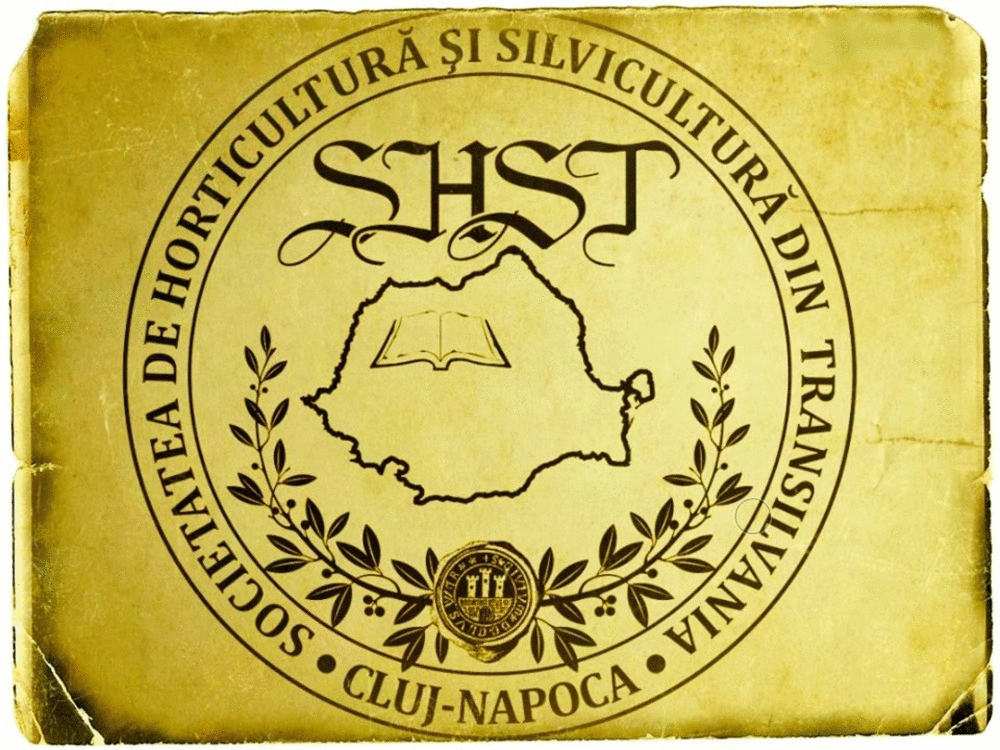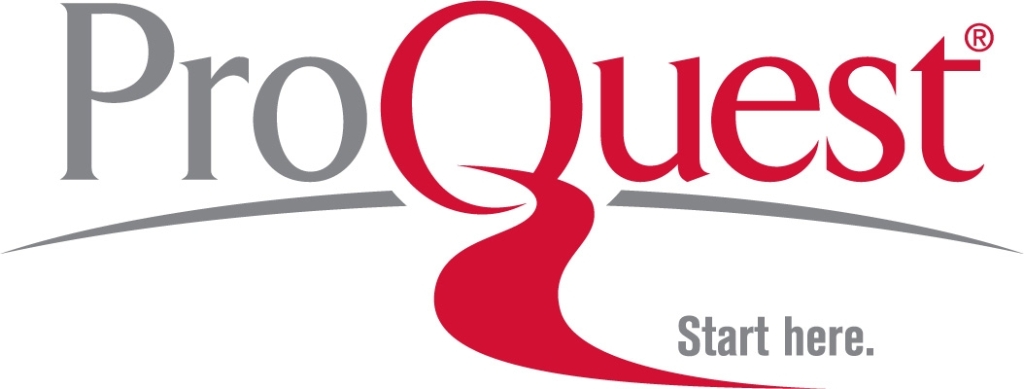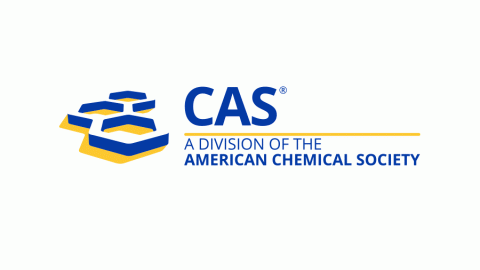AM Fungi Influences the Photosynthetic Activity, Growth and Antioxidant Enzymes in Allium sativum L. under Salinity Condition
DOI:
https://doi.org/10.15835/nsb245434Keywords:
Allium sativum, antioxidant enzymes, AM fungi, proline, salt stressAbstract
Potential of Arbuscular mycorrhizal (AM) fungi in alleviating adverse salt effects on growth was tested in garlic (Allium sativum L.). Towards this objective we analyzed the AM root colonization and the activities of various antioxidant enzymes like peroxidase, catalase, and superoxide dismutase at 0, 100, 200 and 300 mM salinity levels. The activities of all the antioxidant enzymes studied were found to be increased in AM garlic plants. Antioxidant activity was maximum in 100 and 200 mM NaCl (sodium chloride) in AM and non-AM plants. Proline accumulation was induced by salt levels and it was more in leaves as well as roots of AM plants as compared to non-AM plants, this indicating that mycorrhiza reduced salt injury. Growth parameters of garlic plants like leaf area, plant fresh and dry weight and antioxidant enzyme activities were higher at moderate salinity level. This work suggests that the mycorrhiza helps garlic plants to perform better under moderate salinity level by enhancing the antioxidant activity and proline content as compared to non-AM plants.
Metrics
Downloads
Published
How to Cite
Issue
Section
License
Papers published in Notulae Scientia Biologicae are Open-Access, distributed under the terms and conditions of the Creative Commons Attribution License.
© Articles by the authors; licensee SMTCT, Cluj-Napoca, Romania. The journal allows the author(s) to hold the copyright/to retain publishing rights without restriction.
License:
Open Access Journal - the journal offers free, immediate, and unrestricted access to peer-reviewed research and scholarly work, due SMTCT supports to increase the visibility, accessibility and reputation of the researchers, regardless of geography and their budgets. Users are allowed to read, download, copy, distribute, print, search, or link to the full texts of the articles, or use them for any other lawful purpose, without asking prior permission from the publisher or the author.













.png)















